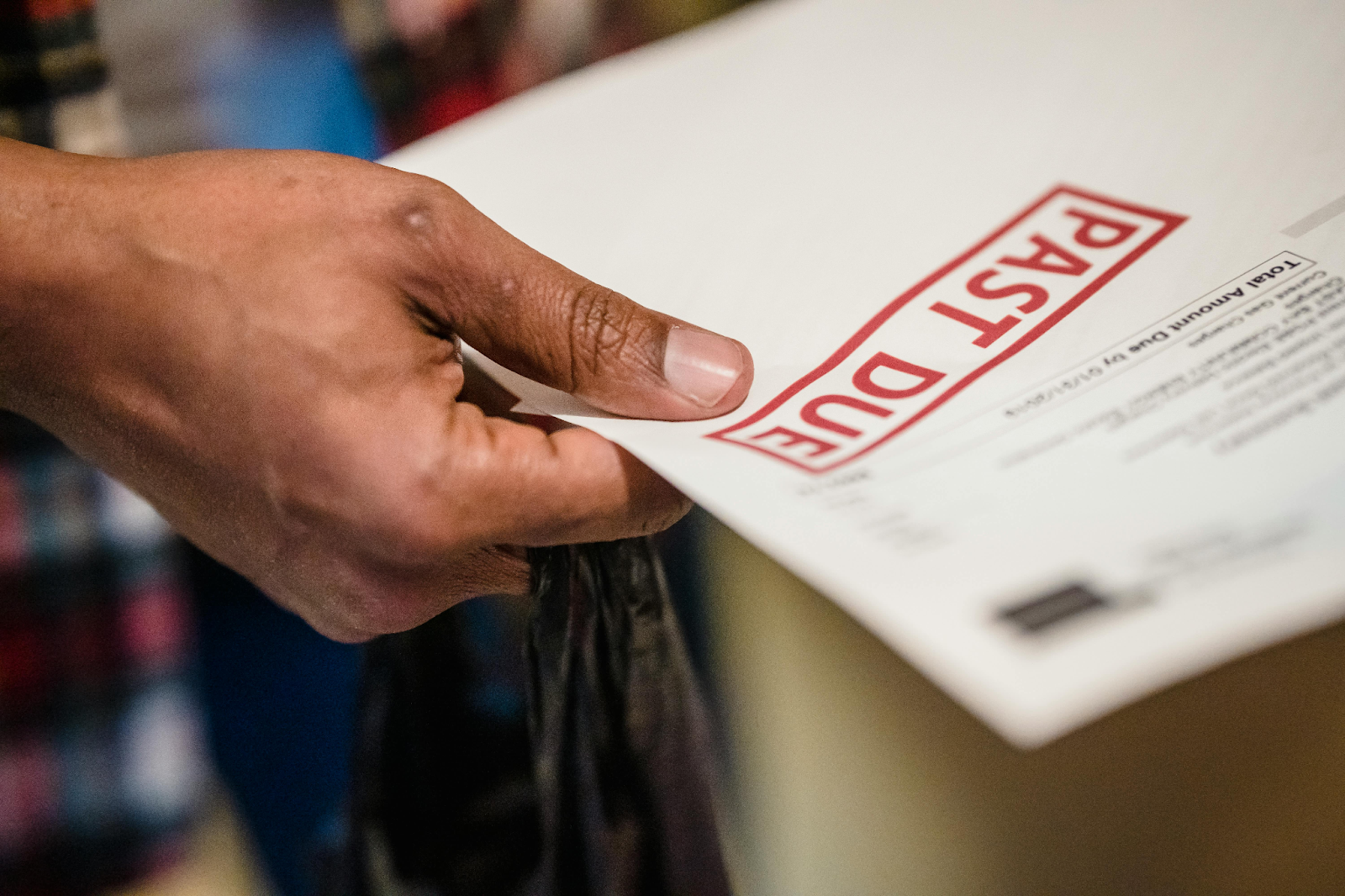Late payments from customers are a common occurrence in business transactions. But when they happen repeatedly, they can disrupt daily operations and create long-term financial strain.

For small businesses in particular, even a few overdue accounts can strain cash flow, delay payroll, and stall future growth.
To reduce overdue payments in a business, start by identifying the reasons behind delayed payments so you can take proactive steps to address them. From tracking invoices diligently to following up promptly, there are practical and professional ways to deal with late payments from clients and prevent them from recurring.
If you haven’t yet run into late payment issues and are exploring ways to prevent them, the best place to start is by setting clear payment expectations from the very beginning.
One of the first things you should do is establish due dates early on. Make them specific, easy to understand, and consistently communicated. Include all payment terms clearly in your contracts and on invoices so that clients know exactly when and how payment is expected.
It’s equally important to outline any late fee policies in advance. This way, if a payment is delayed, the client is already aware of the consequences. Above all, ensure that your customer understands and agrees to these terms before any work begins to avoid misunderstandings later.
Regularly monitoring your invoices offers a clear, real-time view of your cash flow. Track paid invoices, anticipate upcoming due dates, and swiftly identify overdue accounts. Leveraging spreadsheets, accounting software, or invoice tracking apps ensures you remain organized and operate with maximum efficiency.
Send reminders a couple of days before the due date to give customers time to prepare. If the payment is already overdue, follow up promptly through your customer’s preferred communication method, whether that’s email, call, or SMS, to ensure the message reaches them effectively.
While it can be frustrating to chase payments, remember that clients may simply forget or be caught up in other tasks. Keep your tone polite and professional. A friendly reminder not only encourages timely payment but also helps maintain healthy relationships with your customers.
Instead of pressuring customers who may be struggling, offering flexibility can make it easier for them to meet their obligations.
For example, if your standard payment term is 30 days but a client is facing temporary cash flow issues, consider extending the payment period to 60 or even 90 days if it’s financially viable for your business.
You can create a revised agreement or contract where both parties agree on the new terms, giving the client a realistic option to avoid late payment this time around. This not only eases their burden but also shows your willingness to accommodate their situation.
If the client is likely to continue doing business with you in the future, you might also consider offering small perks such as early payment discounts, loyalty rewards, or referral incentives. These gestures can help encourage prompt payments for future transactions and build a stronger, long-term partnership.
While there are more friendly options to deal with late payments from clients, how should one respond if a customer consistently misses payment deadlines and fails to openly communicate?
In such cases, it may be time to issue a final payment notice. This should clearly outline the total amount owed, a firm deadline for payment, and the steps you’ll take if the issue remains unresolved.
If payment is still not made, you can consider escalation options such as engaging a debt collection agency or seeking advice from a legal professional. You may also file a claim through the Small Claims Tribunals in Singapore, depending on the size and nature of the debt.
Throughout the process, remain assertive but professional. Communicate your intentions clearly and respectfully. Let the client know that resolving the matter promptly can help avoid further action and preserve the working relationship where possible.

If late payments from customers are disrupting your cash flow, Factorglobe’s invoice financing solutions can be a practical and reliable way to deal with the issue and ease financial pressure on your business.
Instead of waiting weeks or months for payments to come in, businesses can unlock cash tied up in unpaid invoices and keep operations running smoothly.
With our fast invoice factoring services, you gain immediate access to working capital while maintaining focus on business growth rather than chasing delayed payments.
Here’s how Factorglobe’s invoice financing solutions can help businesses deal with late payments from customers:
With Factorglobe’s invoice financing, you can ease the burden of delayed customer payments.
As we've discussed, clear communication and regular follow-ups help avoid misunderstandings and prevent late payments from recurring. However, if delays still happen, having the right financial support can make all the difference.
Make the most of Factorglobe’s invoice financing support.
Whether you need fast access to funds through invoice factoring or prefer to retain customer management with invoice discounting, our solutions are designed to keep your business moving.
This allows you to take on new customers and fulfill ongoing orders without the stress of delayed payments affecting your cash flow or disrupting operations.
Apply now with Factorglobe.